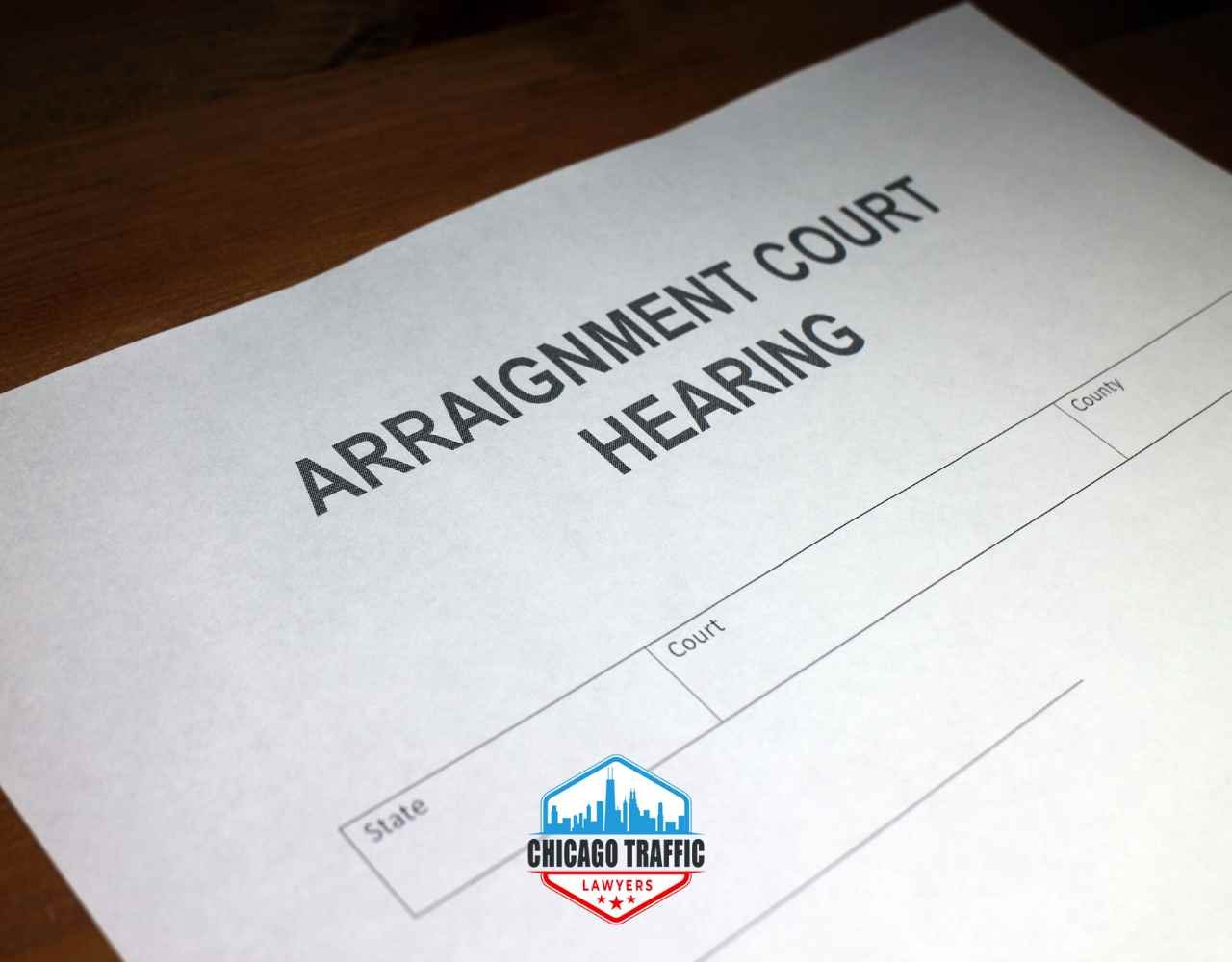It is a constitutional right for an officer to inform you why they pulled you over, although the specific circumstances may differ. By law, officers need reasonable suspicion or probable cause for pulling someone over. To pull someone over, law enforcement typically requires a valid reason such as a minor traffic violation, articulable suspicion, speeding, a broken tail light, or in the case of an emergency situation.
Some state police departments, require officers to tell drivers their reason for the stop before asking questions to avoid discrimination. It is recommended to be aware of your rights during a police encounter and respectfully inquire about the reason for the traffic stop.
It is important to be aware that officers may not always be truthful, and therefore your personal safety should make note of their justifications for future reference regarding police misconduct and reporting to the civilian complaint board.
Contact an experienced Chicago traffic attorney at CTL today and schedule a free consultation! We fight to protect you and your rights!
Table of Contents
Common Reasons You Might Be Pulled Over
One of the most common reasons you might be pulled over by a police officer is for speeding. Speeding is one of the most frequently cited traffic offenses and can result in a ticket and/or other consequences if found guilty.
Other common infractions that can lead to a pull-over include running red lights, failure to yield, erratic driving such as swerving or weaving in and out of lanes, using a cell phone while driving, and other moving violations. Additionally, police officers may pull someone over for suspicion of impaired driving, such as drugged or drunk driving.

Officers may not always tell you the exact reason for pulling you over, especially if they suspect criminal activity. In these cases, they may simply say they are investigating.
To avoid the risk of confrontation and maintain your safety during routine traffic stops you must comply with their instructions and remain respectful, as refusing can lead to more serious consequences. Keep your license, registration, and proof of insurance easily accessible in case an officer requests them.
What Are Your Rights During a Traffic Stop?
When you see police emergency lights and are pulled over by a police officer, it is important to know your rights. Under the U.S. Constitution, you have certain protections that must be respected by law enforcement officers when they stop and/or detain you.
In general, this includes the right to remain silent, the right to refuse an unreasonable search of your vehicle or belongings without a valid search warrant, the right to an attorney if arrested, and the right to not have any evidence obtained through illegal searches presented against you in court.
Within the context of a traffic stop, drivers must also consent to provide their name, address, and driver’s license number or other valid identification when stopped.

Drivers have the right to inquire why they have been pulled over, provided they maintain a respectful demeanor toward the police officer. It is crucial to remain composed and cooperative during any interaction with law enforcement, as noncompliance may lead to further charges such as resisting arrest or violating laws.
In the event of a rights violation during a stop or arrest, obtaining the badge numbers of all officers involved and reporting the incident can lead to further investigation.
What to Do When You Are Pulled Over?
Having an understanding of police procedures when interacting with police is very important. You must be considerate yet firm, use positive body language, and familiarize yourself with the details of your encounter to have the best possible outcome. While you may have feelings of frustration during the encounter stay calm and be polite at all times as this will avoid the potential for danger.
Interfering or obstructing a police officer is prohibited by law and may lead to serious consequences for you if you don’t respect their authority. Furthermore, lying to a police officer or providing them with false documents is also illegal and will result in criminal charges.
It’s wise to thoughtfully prepare yourself and your family in case of an arrest so that everyone knows how to respond calmly, especially if children are present. Additionally, you must take the time afterward to remember the details of the situation to pursue any potential legal recourse against wrongful treatment or violation of your rights.
It is also important to remember that silence is a valuable tool in an interaction with a law enforcement officer. During this interaction, you have the right not to answer questions put forth by an officer due to the Fifth Amendment protection against self-incrimination.

However, there may be certain instances when expressing reasonable evidence such as calling attention to racism or misconduct may be beneficial in court proceedings.
Nevertheless, the best chance at fighting an illegal stop would be through court and it is recommended that one refrain from giving too much information until then.
Get Help With Traffic Violations From Our Firm
If you have recently been pulled over by a police officer and are unsure of why you were stopped, Chicago Traffic Lawyers’ highly experienced attorneys can provide the help and legal advice that you need. Our experienced traffic lawyers understand the intricacies of Illinois traffic law and can answer any additional questions you may have.
Our lawyers will be able to advise you on how to proceed if your ticket was issued in error. We will also work with you to build a strong defense in your case so that you can get the best possible outcome.
Contact us today for more information or to schedule a free consultation.


